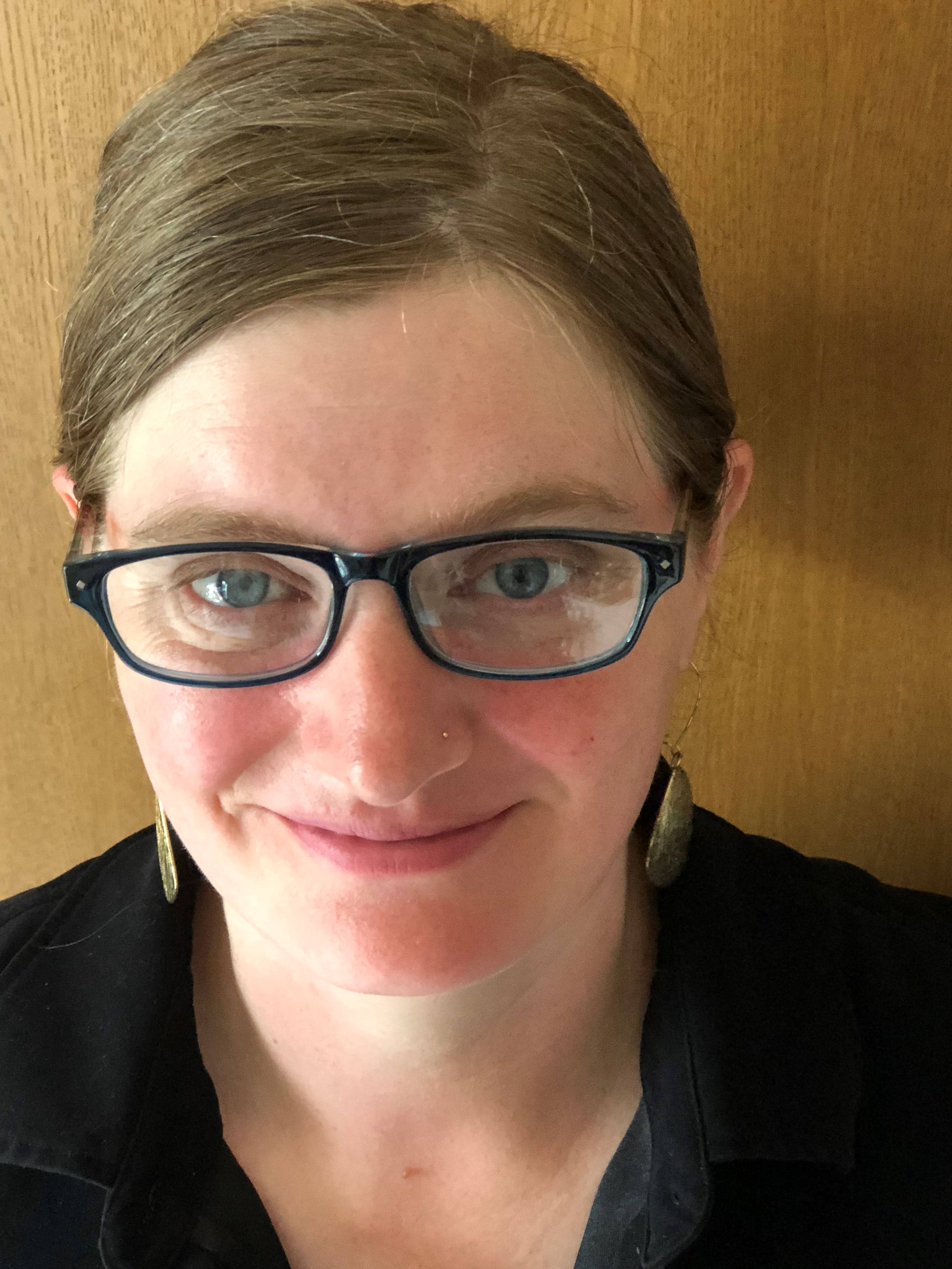Self-love can feel dangerous, selfish, or vain if you’ve grown up in an abusive environment. The adults in your life most likely spent an excessive amount of time negatively focused on you, using your so-called ‘flaws’ as an excuse to take their anger out on you. They might’ve punished you for asserting your boundaries, teaching you that self-love is dangerous. Perhaps you learned that self-love is vain because you were put down when you shared your accomplishments. If you had a narcissistic parent or caregiver, your needs were not consistently met. When they were, it was only because those needs served the narcissist’s desire for attention. It’s not surprising that you learned self-love is selfish.
From all that you lived through, it’s understandable that you motivate yourself with criticism and fear. As a child and teen, these experiences wired your brain to stay in survival mode, while your abuser’s words became the foundation of your inner critic to protect you from abuse. You learned how to stay safe, but when you grew up, you might not have known how to love, value, or take care of yourself.
your brain to stay in survival mode, while your abuser’s words became the foundation of your inner critic to protect you from abuse. You learned how to stay safe, but when you grew up, you might not have known how to love, value, or take care of yourself.
Not knowing how to love yourself can lead you to accept abusive behavior from people you love. Without self-love, it might be hard for you to set boundaries on your time and resources. Maybe you have health problems because you don’t see the value in taking care of your body, or you don’t go to therapy because you feel you are too bad or too worthless to be helped. This is where self-love comes in.
Why It’s Important
When we love our self, we become stronger and our stress is decreased, which strengthens our immune system. It also makes us more resilient. Kingsway Hospital researchers from the United Kingdom note that self-love and compassion are “…more likely to help us rebound and may lead to greater success and happiness in the long run.”
Self-love and compassion also help us to reconnect to our humanity, an experience most survivors with CPTSD need. Oftentimes abusers attack their victim’s character, citing the victim’s worthlessness. This is dehumanizing and can lead to believing we are less than human.
But with self-love and compassion, we can overcome those harmful beliefs. Associate Professor Kristen Neff from the University of Texas states that self-love/compassion helps us in “…perceiving [our] experiences as part of the larger human experience rather than seeing them as isolating, and holding painful thoughts and feelings in mindful awareness rather than over-identifying with them.”
Here are eight ways you can start learning to love yourself:
Forgive yourself for the abuse you suffered. As a child, teen, or adult you were and are not responsible for the abuse you experienced. There is nothing you could’ve done to provoke the abuse in any way.
Forgive yourself for what you did to protect yourself or cope with the abuse. You were trying to cope with an impossible situation that was likely dangerous and very stressful. As a child, there was a good chance you internalized the idea that the abuse you received was your fault when your parents or caregivers did not feel that your safety was important. If forgiving yourself feels impossible, ask yourself how not forgiving yourself continues to protect you.
Make it a point to believe yourself, especially if your abuser gaslit you, causing you to question your reality. Your abusers did this to stop you from shifting the responsibility back onto them. Your perceptions and experiences were and are valid.
Forgive your body for its reactions to the abuse. Even if your body reacted with pleasure, if you were a child or an adult who did not consent, you were violated. Your body is programmed to react without conscious effort. Your physical reactions do NOT invalidate the abuse.
Allow yourself to feel anger and rage. These feelings are valid and very understandable reactions to what you lived through. It is okay to admit that your parents or caregivers failed you and you are angry -or even rageful- at them. This doesn’t make you a bad person and it doesn’t negate your ability to love them.
Practice having compassion for yourself. Instead of berating yourself, try talking to yourself as if you were a dear friend. Would your dearest friend put you down for not being happy all the time? They’d probably give you a hug and ask you what you needed. You can do that for yourself and it doesn’t make you weird, selfish, weak, or vain.
Set boundaries and say no often. You only have so much energy and time to give people; from birth to the end of life there are a total of 600,000 hours in a person’s life. Your life is yours and yours alone. Setting boundaries on your time and resources is how you respect yourself and give yourself what you need to take care of yourself.
Celebrate your accomplishments, no matter how small. One way to develop a habit of compassionate self-talk is to notice and make note of your daily accomplishments, especially if you’ve been feeling like a failure. The goal is to notice anything self-caring that you’ve done for yourself and celebrate it. Brushed and flossed your teeth? It’s an accomplishment. You were scared but asserted your boundaries? Five stickers for you, and write it down as an accomplishment!
Learning how to love yourself is one of the hardest parts of your healing journey, and one of the most important things you can do for yourself because you’re worth it. You really are. And it does get better.
References:
https://www.livescience.com/14151-neuroscience-esteem-criticism-compassion.html The Neuroscience of Self-Esteem, Self-Criticism, and Self-Compassion. Robin Nixon, 2010
https://www.psychologytoday.com/us/blog/feeling-it/201211/3-powerful-science-based-benefits-little-self-love Psychology Today. Emma Seppälä Ph.D. November 27, 2012.
Maxine Dolma is a freelance mental health writer with a BA in professional and technical writing. Their pronouns are they/them she/her. Max is a parent of two remarkable people, loves traveling the world, and spinning yarn on a Turkish drop spindle. You can find Max’s work on Instagram @maxine_dolma_writes and at their fledgling site at www.mdolma.wordpress.com
Guest Post Disclaimer: Any and all information shared in this guest blog post is intended for educational and informational purposes only. Nothing in this blog post, nor any content on CPTSDfoundation.org, is a supplement for or supersedes the relationship and direction of your medical or mental health providers. Thoughts, ideas, or opinions expressed by the writer of this guest blog do not necessarily reflect those of CPTSD Foundation. For more information, see our Privacy Policy and Full Disclaimer.

Maxine Dolma is a freelance mental health writer with a BA in professional and technical writing. Their pronouns are they/them she/her. Max is a parent of two remarkable people, loves traveling the world, and spinning yarn on a Turkish drop spindle. You can find Max’s work on Instagram @maxine_dolma_writes and at their fledgling site at www.mdolma.wordpress.com.





Trackbacks/Pingbacks